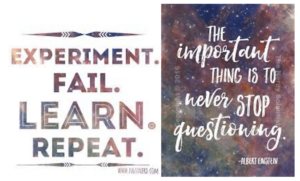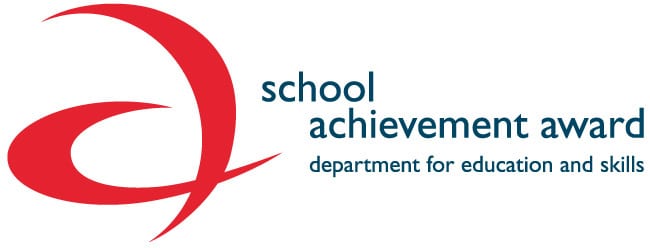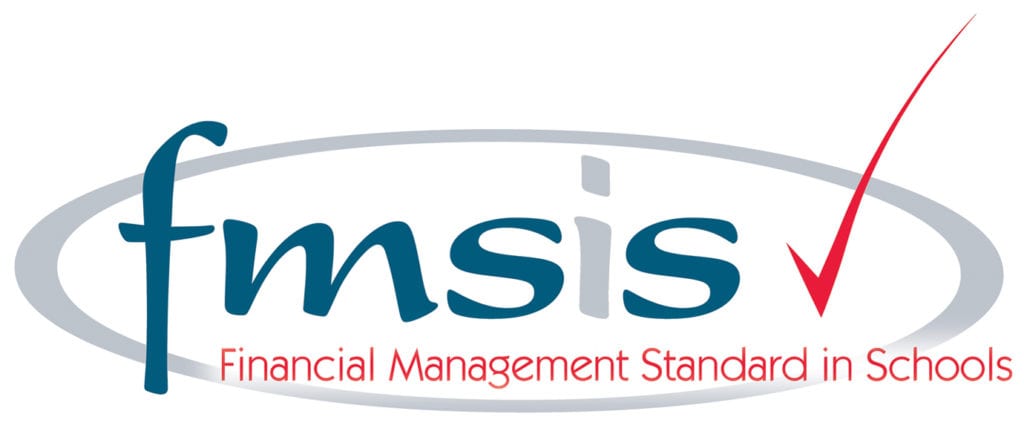Intent
At Horndale Infant and Nursery School, we recognise the importance of science in every aspect of daily life. We encourage children to be curious, make observations and make connections about themselves and the world around them; looking closely at the natural and human constructed world around them. We aim to teach scientific concepts through the use of first-hand experiences. We encourage children to ask questions, make observations, classify, predict and use their senses to find out about why things happen.
The National Curriculum will provide a structure and skill development for the science curriculum being taught throughout the school, which is now linked, where possible to the theme topics to provide a creative scheme of work, which reflects a balanced programme of study. As the Children move throughout school, they are given the opportunity to build on their knowledge of the Early Years Foundation Stage and explore the Understanding of the World in greater depth through the subject specific disciplines of Biology, Chemistry and Physics.
We want our children to become ‘scientists’ where they work and think scientifically to develop a secure foundation of skills, knowledge and understanding. We encourage all children to use a range of scientific vocabulary and definitions that a scientist would use to talk about their observations, findings and ideas. Practical, hands on experiences to our Science learning also allow children make meaningful connections to real life experiences whilst bringing Science to life thus, allowing them to research, predict, interpret and present like a scientist.
Implementation
To ensure high standards of teaching and learning in science, we implement a curriculum that is progressive throughout the school, allowing the children to embed their learning over time. Our planning and teaching of science ensures full coverage of the ‘National Curriculum programmes of study for Science’ and ‘Understanding of the World’ in the Early Years Foundation Stage.
Wherever possible, Science is linked to the topic of the half term to fully immerse the children in the themes and to enable the achievement of a greater depth of knowledge. In KS1, Science is taught consistently as discrete lessons, in order to give the subject the prominence it deserves. In EYFS, science is taught through the children learning about the world around them in their learning through play. We promote and develop the use of transferable skills such as observation, communication and teamwork, and allow mathematical skills to be applied.
Our school has a clear focus on the development of speech and language and allowing children to make links and embed key scientific vocabulary. We use working walls, visual prompts and pre-teach some vocabulary to enable children to develop a deeper understanding and apply it in different contexts. This also supports children to make links and develop their speaking and listening skills as well as their writing across the curriculum.
Impact
As a result of this Science curriculum, our pupils will:
- have an awareness of the scientific and technological world around them. They will retain knowledge that is pertinent to science with real life context.
- achieve age related expectations in science at the end of KS1, and be at the expected level of development for Understanding the World in EYFS.
- be able to question ideas and reflect on knowledge.
- work collaboratively and practically to investigate and experiment.
- be able to explain the process they have taken and be able to reason scientifically.
- have a richer vocabulary which will enable children to articulate their understanding of taught subjects.
- have high aspirations, which will see them through further study, work and to a successful adult life.
Curriculum enrichment
Science capital is concerned with the pupil’s exposure to science beyond the classroom and with us, as teachers, noticing what scientific experiences children bring to school. We aim to build a rich environment in which children can develop and share their science capital. Trips to a variety of sites and visitors to school form a vital part of our children’s scientific experience. Our school grounds and local area offer the chance for investigations to be carried out, including the growing of plants in the school garden and observation of the seasons and wildlife. Science clubs are further ways in which we encourage to see science beyond the curriculum.
Science Whole School Long Term Plan (Last revised July 2022)








